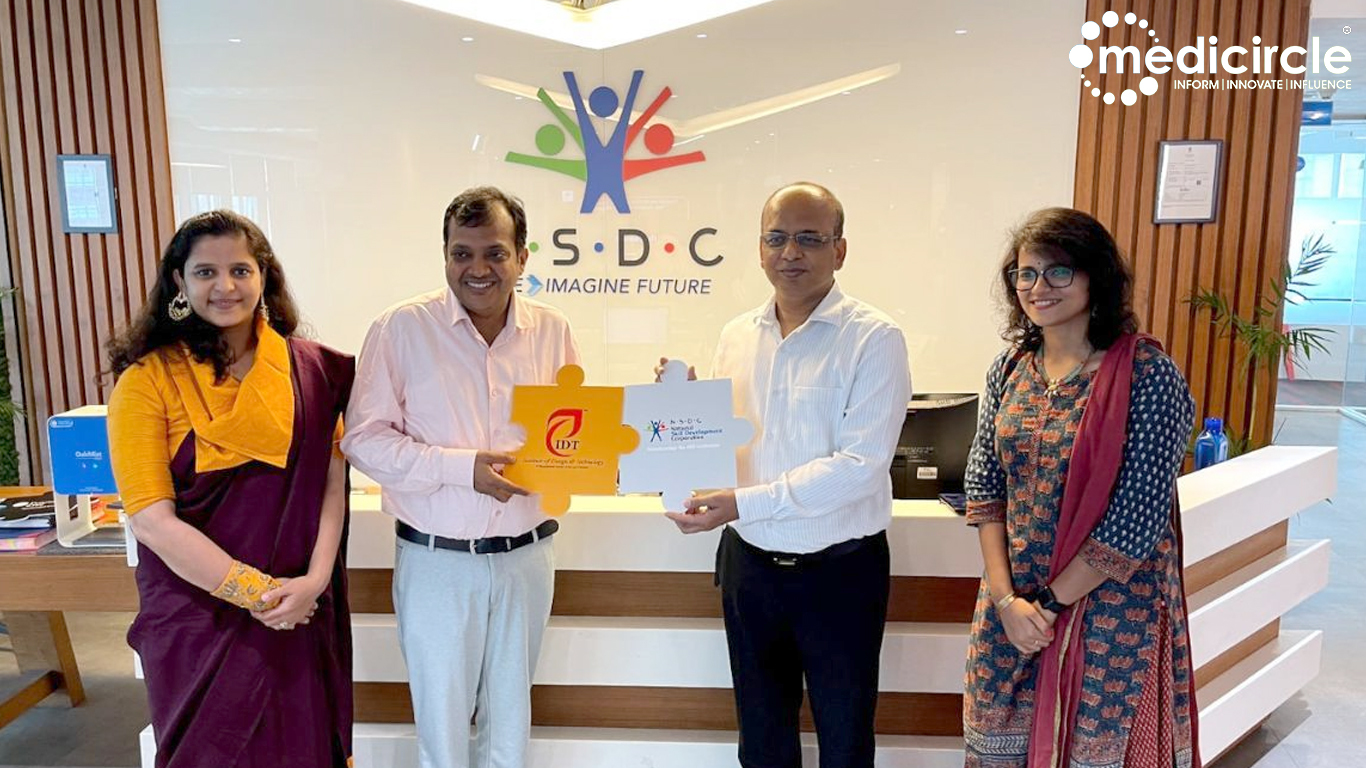In a significant move to enhance the employability of Indian healthcare professionals in the global market, the Government Institute of Medical Sciences (GIMS) has partnered with the National Skill Development Corporation (NSDC). This collaboration, under the Ministry of Skill Development & Entrepreneurship (MSDE), aims to provide specialized, skill-based training to students who aspire to work in the international healthcare sector.
The first batch of this innovative training program commenced at GIMS on Wednesday. The program is designed to equip paramedical and nursing staff with the skills needed to secure employment in various countries, including Israel, Germany, the United States, and Japan. This initiative represents a significant step towards bridging the skill gap and meeting the high demand for qualified healthcare professionals globally.
NSDC has meticulously selected a batch of 30 students from across the country to participate in this training program. These students will undergo comprehensive training in various paramedical and nursing courses. The focus will be particularly on preparing them for the A1 and A2 exams, which are entry-level qualifications essential for securing jobs abroad. According to Pallavi Mehra, an official from GIMS, “Once abroad, they can upgrade themselves for B1 and B2 exams for further promotions.”
The courses offered under this program vary in duration, ranging from one to six months. The average cost of these skill-based courses is around Rs 40,000. This investment in education is aimed at significantly boosting the career prospects of the participating students, enabling them to meet the standards required by international employers.
The demand for skilled healthcare professionals is on the rise globally, driven by aging populations, advancements in medical technology, and the need for high-quality healthcare services. Countries like Israel, Germany, the United States, and Japan are actively seeking qualified paramedical and nursing staff to fill gaps in their healthcare systems. By providing specialized training, GIMS and NSDC are not only helping students secure lucrative job opportunities but also contributing to addressing global healthcare challenges.
The National Skill Development Corporation plays a crucial role in this initiative. NSDC’s mandate is to promote skill development by catalysing the creation of large, quality, and for-profit vocational institutions. It provides funding to build scalable and profitable vocational training initiatives. By partnering with institutions like GIMS, NSDC is helping to ensure that Indian healthcare professionals are well-prepared to meet international standards and excel in their careers abroad.
Benefits of the Program
1. Enhanced Employability: The training program is specifically designed to meet the requirements of international employers, thereby enhancing the employability of Indian healthcare professionals.
2. Career Advancement: By preparing for and passing the A1 and A2 exams, participants can secure entry-level positions abroad. Further training for B1 and B2 exams allows for career advancement and promotions.
3. Global Exposure: Working in different countries exposes healthcare professionals to diverse medical practices, advanced technologies, and unique healthcare challenges, enriching their professional experience.
4. Economic Benefits: The program not only benefits individual participants but also has broader economic implications. By securing well-paying jobs abroad, healthcare professionals can contribute to the economy through remittances and bring back valuable skills and knowledge to India.
5. Addressing Global Healthcare Needs: By training and sending skilled professionals abroad, India can contribute to addressing global healthcare shortages, thereby playing a vital role in the international healthcare ecosystem.
The success of this inaugural batch will likely lead the way for similar collaborations in the future. As the demand for skilled healthcare professionals continues to grow, there will be increasing opportunities for Indian institutions to partner with organizations like NSDC to provide specialized training. Such initiatives not only enhance the global employability of Indian professionals but also position India as a key player in the global healthcare workforce.
The partnership between the Government Institute of Medical Sciences (GIMS) and the National Skill Development Corporation (NSDC) marks a significant step forward in preparing Indian healthcare professionals for global opportunities. By providing specialized, skill-based training, this initiative addresses the growing demand for qualified healthcare staff in countries like Israel, Germany, the United States, and Japan.
As the first batch of students embarks on this journey, they not only enhance their own career prospects but also contribute to the global healthcare system. This collaboration sets a precedent for future partnerships and highlights the importance of skill development in meeting both national and international healthcare needs.

 This collaboration, under the Ministry of Skill Development & Entrepreneurship (MSDE), aims to provide specialized, skill-based training to students who aspire to work in the international healthcare sector.
This collaboration, under the Ministry of Skill Development & Entrepreneurship (MSDE), aims to provide specialized, skill-based training to students who aspire to work in the international healthcare sector. 










.jpeg)



















.jpg)
.jpeg)